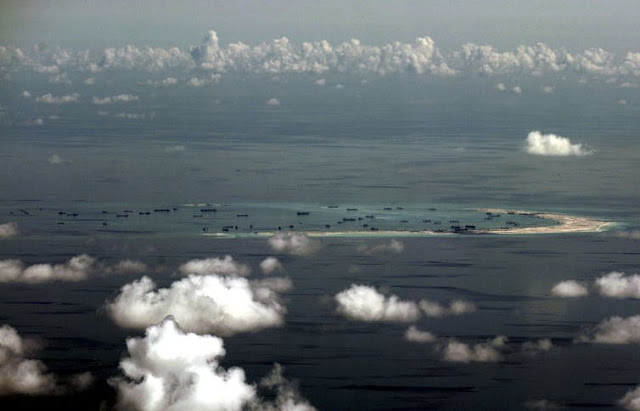Oxygen and green sulfur germs

The Lake Matano discoveries had unique importance for Dr. Sherry Schiff in the Division of Planet and Ecological Sciences at the College of Waterloo. Her lengthy background of examining freshwater habitats, consisting of those at the Worldwide Institute for Lasting Advancement — Speculative Lakes Location (IISD-ELA) in north Ontario, assisted her develop a hypothesis. Contemporary matchings of the very early Planet sea are anoxic, iron-rich and sulfur-poor. Countless Boreal Protect lakes come really shut to these problems. The issue is oxygen. A lot of the Boreal Protect lakes in Canada, and boreal lakes throughout Europe and Russia, are high in iron and reduced in sulfur, yet subjected to oxygen at many midsts at the very least two times a year, when the lake surface area waters combine with much further waters. If the green sulfur germs return complying with direct exposure to oxygen, after that Dr. Schiff anticipated that countless Boreal Protect lakes might harbour microbial neigh



